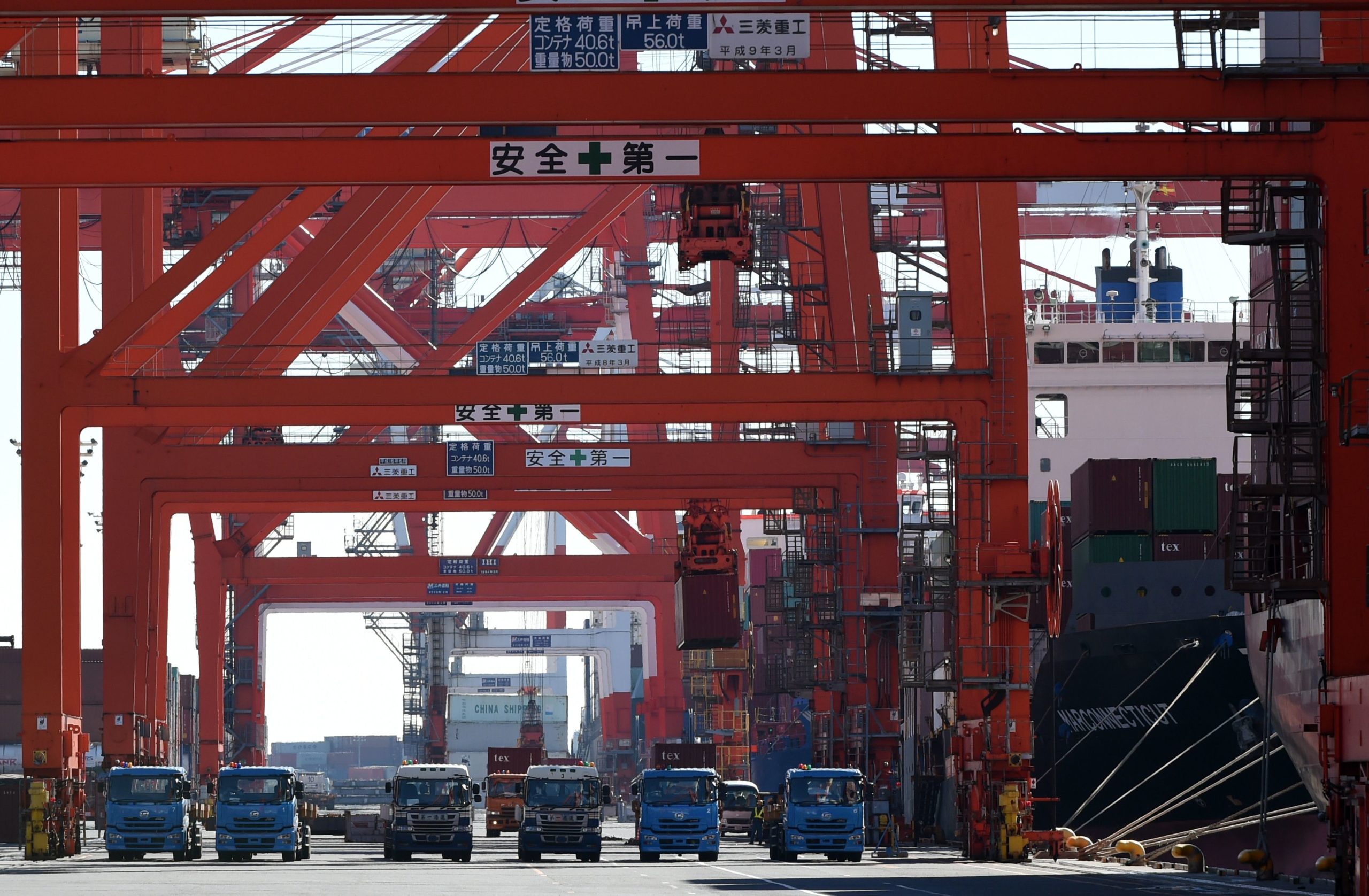- Dubai’s DP World Sues China Over Djibouti Trade Zone
Dubai’s DP World Limited and its subsidiaries have taken legal action against China for building an international free zone on a terminal being disputed with Djibouti.
The lawsuit was filed in the High Court of Hong Kong for unlawfully procuring and inducing the Republic of Djibouti to breach various agreements between the African country and DP World.
In the lawsuit, DP World sought damages, interest, and a declaration that China Merchants unlawfully procured and/or induced Djibouti’s breaches of its agreements with DP World.
When the contract between DP World Limited and the Republic of Djibouti was signed, both parties seemed happy and satisfied with the business deal and pledged to respect the terms of the agreement.
Under these agreements, Djibouti granted DP World Limited exclusive rights over port and free zone facilities within Djibouti, including container handling facilities, and DP World constructed, developed, and managed a state-of-the-art container terminal at Doraleh (“Terminal”) that is jointly owned by DP World (33,34 perent) and a Djibouti state-owned entity, PDSA (66,66 percent).
In 2013, China Merchants bought 23,5 percent of PDSA from Djibouti.
China, which has the only foreign military base near the Red Sea terminal, developed and financed the free trade zone as it considers Djibouti an important part of its $1 trillion “Belt and Road” global investment initiative.
DP World said its concession agreement over the terminal “remains in force” and warned that the “illegal seizure of the facility does not give the right to any third party to violate the terms of the concession agreement.” DP World Limited, operates 78 ports in more than 40 nations.
UAE ports operator DP World Limited has vowed to continue defending its rights as a shareholder in Djibouti’s Doraleh Container Terminal, after it was nationalised.
In a statement the government of Dubai said: “DP World will continue to pursue all legal means to defend its rights as a shareholder and concessionaire in Doraleh Container Terminal in the face of Djibouti’s blatant disregard for the rule of law and respect for commercial contracts.”
The president of Djibouti enacted a decree on September 9 purporting to transfer the private entity Port of Djibouti’s shareholding in the Doraleh terminal to the country’s government.
The move to nationalise the terminal and escalate the battle with the UAE company comes after a UK tribunal ruled that Djibouti’s cancellation in February of DP World’s contract to run Doraleh terminal was unlawful.
On August 31, the High Court of England and Wales issued an injunction against the Port of Djibouti ordering it not to wrest control of the terminal from DP World, or act as if the joint venture agreement with the port operator had been terminated.
DP World said the transfer of ownership to the government of Djibouti appeared to have been made in an attempt to “flout” the injunction.
“Investors across the world must think twice about investing in Djibouti and reassess any agreements they may have with a government that has no respect for legal agreements and changes them at will without agreement or consent.” said the Dubai company.
In ‘violation’ of DP World’s exclusivity rights, Djibouti has in recent years partnered with China Merchants to construct, develop, and/or operate six new ports and free zones within Djibouti.
Source: Financial Gazette


 Naira4 weeks ago
Naira4 weeks ago


 Naira4 weeks ago
Naira4 weeks ago


 Naira3 weeks ago
Naira3 weeks ago


 News4 weeks ago
News4 weeks ago
 Travel4 weeks ago
Travel4 weeks ago




 Naira4 weeks ago
Naira4 weeks ago


 Jobs3 weeks ago
Jobs3 weeks ago
 Naira3 weeks ago
Naira3 weeks ago





















